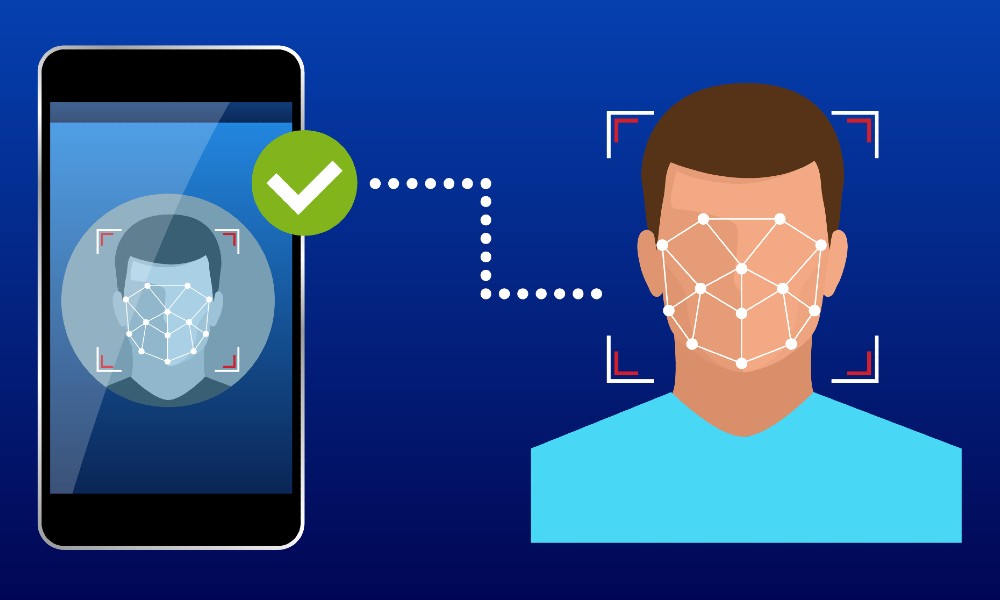
The U.S. biometric industry received a blow this week when the General Services Administration (GSA) refused to use facial recognition to secure its Login.gov service. The GSA, which oversees federal offices and technology, proclaimed the technology has too many problems to be used as an identity verification service.
The move comes as the IRS and other federal agencies are pushing to require users to consent to facial recognition to sign on to government web sites. The Treasury Department awarded a two-year, $86 million contract to ID.me, a private contractor, that would require taxpayers to send in video scans of their faces to verify their identities before they could access tax records online. The new system had been scheduled to go live this summer.
According to Dave Zvenyach, director of the GSA Technology Transformation Services, the agency "is committed to not deploying facial recognition… or any other emerging technology for use with government benefits and services until rigorous review has given us confidence that we can do so equitably and without causing harm to vulnerable populations.”
The announcement comes after federal tests revealed that facial recognition systems work less accurately for people with darker skin tones. The systems are not regulated in the U.S., and members of Congress along with privacy advocates claim they could undermine citizens' privacy rights or create unfair disadvantages to those without access to a smartphone, laptop camera or the internet.
Senator Ron Wyden of Oregon sent a letter to IRS Commissioner Charles Rettig this week after the ID.me announcement, calling on the department to reverse its decision. The letter stated that it was "simply unacceptable to force Americans to submit to scans using facial recognition technology as a condition of interacting with the government online.”
Wyden added government agencies had failed to prioritize digital identity and this inaction had fueled a market for stolen personal data and fraud and had "enabled companies like ID.me to commercialize what should be a core government service. The infrastructure that powers digital identity, particularly when used to access government websites, should be run by the government.”
ID.me already runs identity-verification systems for 10 federal agencies, 30 states and hundreds of companies. The company said in a statement it is “committed to working together with the IRS to implement the best identity verification solutions to prevent fraud, protect Americans’ privacy, and ensure equitable, bias-free access to government services.”
Edited by
Luke Bellos